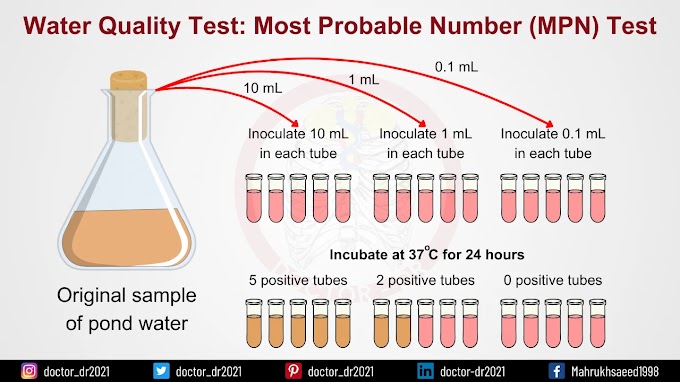Introduction:
In recent years, advancements in biotechnology have opened up exciting possibilities in various fields, including agriculture and animal husbandry. One notable breakthrough in the realm of aquaculture is the development of AquAdvantage Salmon. Engineered to enhance growth rates and improve efficiency, this genetically modified salmon has sparked both interest and debate. In this blog post, we will explore the science behind AquAdvantage Salmon, its potential benefits, and the ethical considerations surrounding its use.
1. The Science behind AquAdvantage Salmon:
AquAdvantage Salmon is a genetically modified organism (GMO) created by AquaBounty Technologies, a biotechnology company specializing in aquaculture. By incorporating genes from Chinook salmon and ocean pout, scientists have engineered a salmon that grows faster and more efficiently than conventional varieties. The key genetic modification involves the insertion of a growth hormone gene from the Chinook salmon into the genome of Atlantic salmon.
2. Advantages of AquAdvantage Salmon:
a. Enhanced Growth Rate: The primary objective of developing AquAdvantage Salmon was to accelerate growth rates. These genetically modified fish reach market size in roughly half the time compared to conventional Atlantic salmon, reducing the overall production cycle. This increased efficiency could help meet the growing global demand for seafood.
b. Improved Resource Utilization: AquAdvantage Salmon has been designed to utilize feed more efficiently, converting it into edible protein more effectively than non-modified salmon. This characteristic is crucial in aquaculture, as it reduces the ecological footprint of fish farming and minimizes strain on wild fish populations, which are often used for feed.
c. Environmental Benefits: The shorter growth cycle and reduced resource utilization of AquAdvantage Salmon can lead to a smaller ecological impact. Aquaculture facilities can produce more salmon with fewer resources, reducing the need for additional feed, water, and land.
3. Ethical Considerations:
While the potential benefits of AquAdvantage Salmon are significant, ethical concerns must be addressed:
a. Environmental Risk: Critics argue that genetically modified organisms could escape into the wild and interact with natural populations, potentially disrupting ecosystems. Stringent containment measures and comprehensive risk assessments are necessary to prevent such incidents.
b. Long-term Health Effects: Questions have been raised regarding the long-term health implications of consuming genetically modified salmon. Extensive studies and regulatory oversight are essential to ensure the safety of these fish for human consumption.
c. Transparency and Labeling: Consumer choice and transparency are paramount. Adequate labeling and clear communication of genetic modification are crucial to allow individuals to make informed decisions about the products they purchase.
Conclusion:
AquAdvantage Salmon represents a remarkable achievement in biotechnology, showcasing the potential for genetic modification to revolutionize aquaculture. Its accelerated growth rate, improved resource utilization, and reduced environmental impact offer significant advantages in meeting the increasing global demand for seafood. However, ethical considerations, including environmental risks and long-term health effects, must be diligently addressed through rigorous regulation, thorough risk assessments, and transparent labeling. By navigating these challenges responsibly, we can harness the benefits of biotechnology to create a sustainable and resilient aquaculture industry for the future.







.webp)
